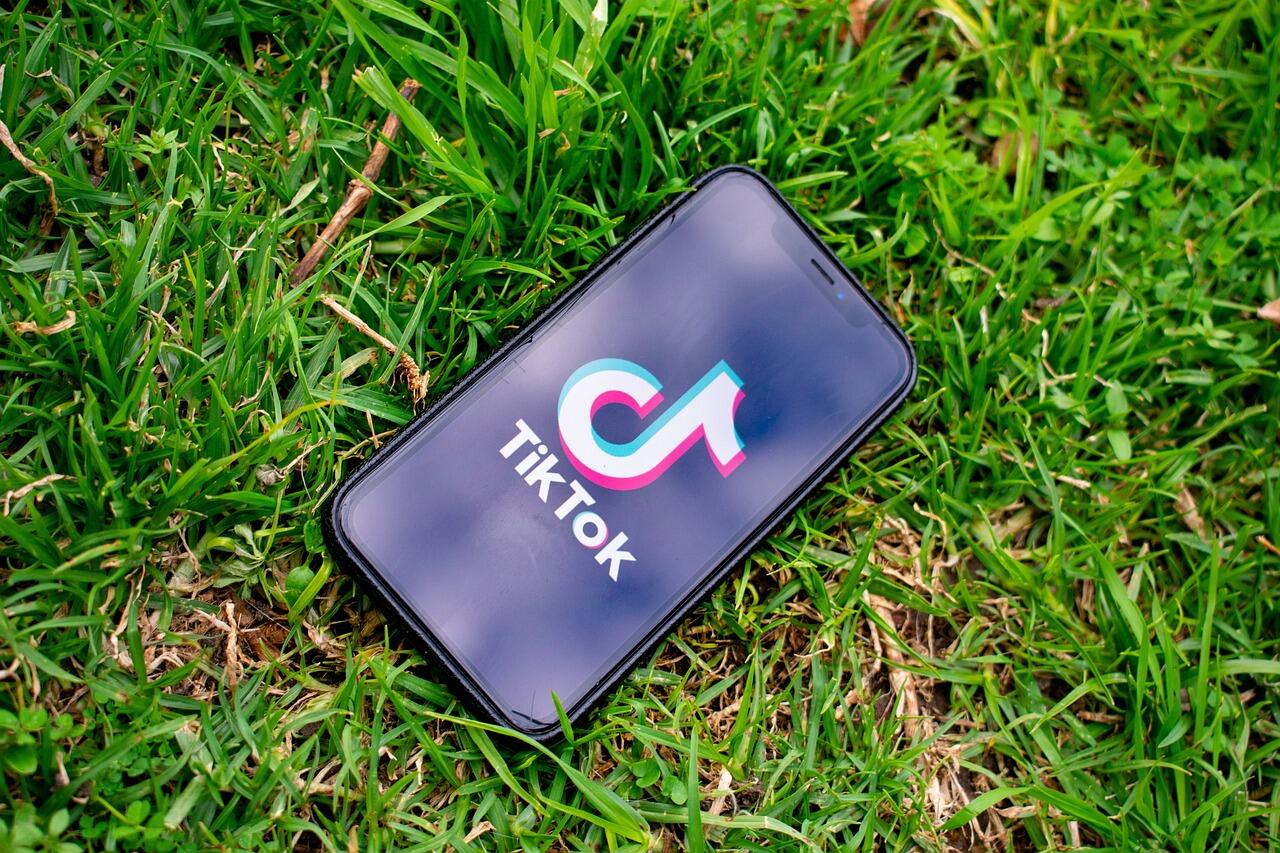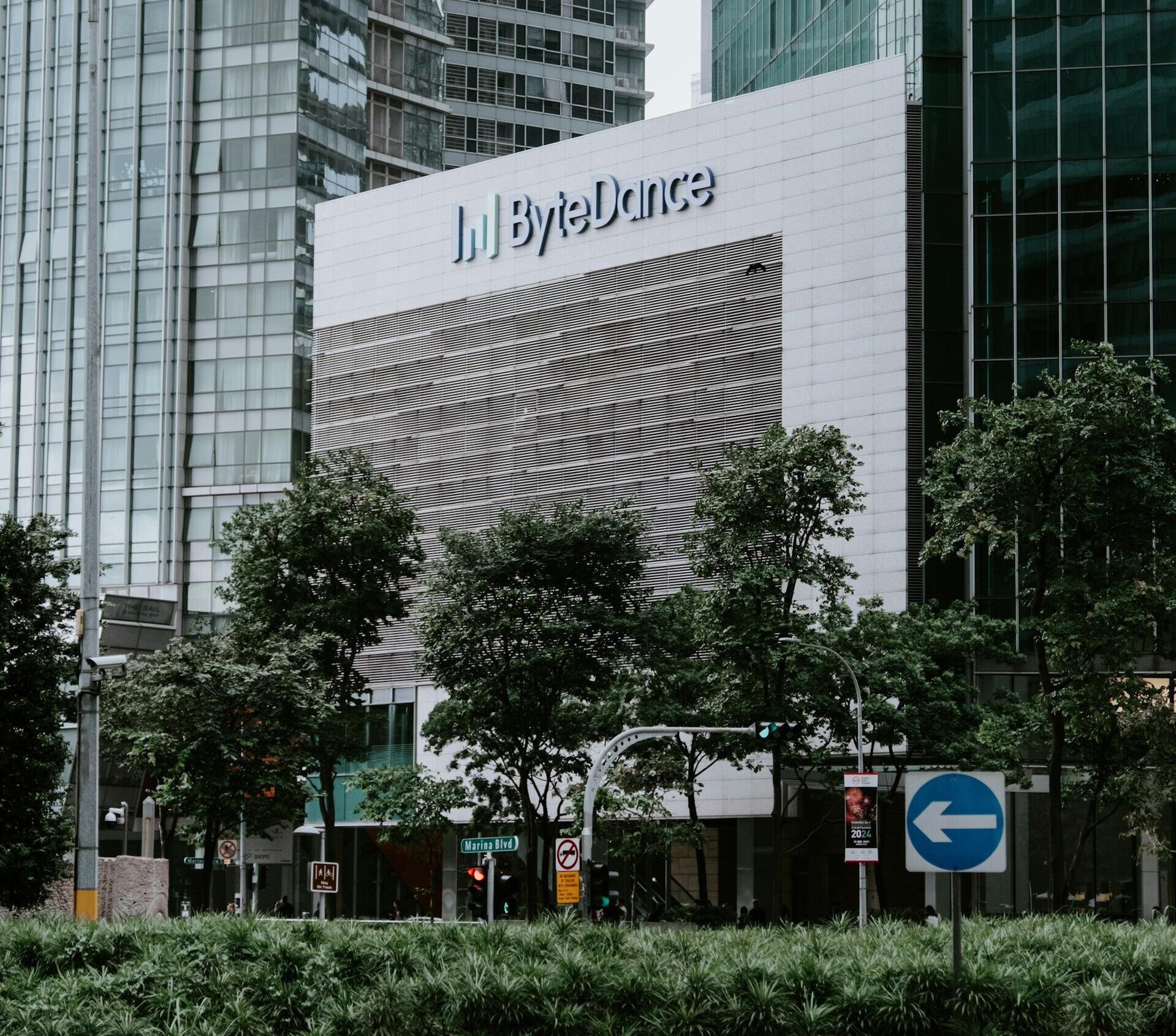UPDATE: TikTok has filed a preliminary injunction to halt a potential ban until the company's appeal is heard by the United States Supreme Court.
“Estimates show that small businesses on TikTok would lose more than $1 billion in revenue and creators would suffer almost $300 million in lost earnings in just one month unless the TikTok Ban is halted,” said a TikTok spokesperson.
The D.C. Circuit Court of Appeals ruled on Friday to uphold a law that forces Chinese TikTok owners to either sell or shut down the popular social media application.
TikTok must break ties with ByteDance by January or be banned, according to three judges.
"The First Amendment exists to protect free speech in the United States," Judge Douglas Ginsburg explained the court's opinion.
“TikTok’s millions of users will need to find alternative media of communication,” Judge Ginsburg said. “That burden is attributable to [China’s] hybrid commercial threat to US national security, not to the US government, which engaged with TikTok through a multi-year process in an effort to find an alternative solution.”
TikTok is appealing to the Supreme Court, a spokesperson said. “The Supreme Court has an established historical record of protecting Americans' right to free speech, and we expect they will do just that on this important constitutional issue. Unfortunately, the TikTok ban was conceived and pushed through based upon inaccurate, flawed and hypothetical information, resulting in outright censorship of the American people.”
TikTok now faces an uncertain future in the US.
The law orders TikTok to divest from its Chinese parent company ByteDance or be removed from American app stores by January 19. Passed in April, it follows years of national security concerns about TikTok’s ties to China.
ByteDance has said it will not sell TikTok, and filed its lawsuit against the U.S. government to challenge the ban.
President-elect Donald Trump has said he will “save” the app, with ByteDance’s valuation surging to US$300 billion last month after his win. However, his administration is deeply divided on the issue.
Trump’s TikTok adventures
In 2020, Trump signed an executive order that would prevent transactions between ByteDance and any American citizen. The administration also attempted to remove TikTok from app stores that year, though a federal judge halted the measure.
This year, however, Trump has repeatedly voiced support for TikTok. In September, he said on Truth Social: “FOR ALL OF THOSE THAT WANT TO SAVE TIK TOK IN AMERICA, VOTE TRUMP!”
Trump joined TikTok in June, and now has 14.6 million followers and 106.6 million likes.
“If you get rid of TikTok, Facebook and Zuckerschmuck [Meta CEO Mark Zuckerberg] will double their business,” Trump has also said. Trump was banned from Meta platforms Facebook and Instagram following the January 6 Capitol attack, though Zuckerberg and Trump have held talks in recent weeks in a bid to mend relations.

A cabinet divided
Trump’s choice for Federal Communications Commission (FCC) Chair is Brendan Carr, a current FCC member. The FCC regulates interstate and international communications on a range of platforms, including the internet.
Carr first endorsed measures to ban TikTok in 2022, saying he supported “either a total ban or some sort of action like [divestment] that’s going to completely sever the corporate links back into Beijing.”
Carr then backed the bill to ban TikTok after it was introduced in the House of Representatives earlier this year. “TikTok’s own conduct makes clear that it is beholden to the CCP and presents an unacceptable threat to U.S. national security,” he said.
Florida Senator Marco Rubio, Trump’s choice for Secretary of State, has also vocally supported a TikTok ban. Rubio co-introduced legislation that would ban the app from government devices in 2021, and legislation for a national ban in 2022.
South Dakota Governor Kristi Noem and North Dakota Governor Doug Burgum, Trump’s picks to lead the departments of Homeland Security and Interior, banned TikTok from government devices in their respective states.
Meanwhile, Elon Musk, owner of social media competitor X and one of Trump’s closest allies, has condemned the prospective ban. “In my opinion, TikTok should not be banned in the USA, even though such a ban may benefit the X platform,” he said in April.
TikTok CEO Shou Zi Chew has reportedly reached out to Musk to discuss the incoming administration’s technology policies, though they have not proposed options for TikTok’s fate.
Robert F. Kennedy Jr., now Trump’s nominee for Secretary of Health and Human Services, offered to file a lawsuit challenging the TikTok ban in April during his presidential run.
"Congress and the administration don't understand that TikTok is an entrepreneurial platform for thousands of American young people. They want to screw them over just so they can pretend to be tough on China,” Kennedy said.

Tick-tock for TikTok?
TikTok and ByteDance filed their lawsuit against the U.S. government shortly after the ban was passed in April. This was consolidated with a suit brought by a group of TikTok creators.
In the suit, TikTok argued that a ban would violate the company’s right to freedom of speech, and that divestment from ByteDance would not be logistically possible before January 19.
TikTok sought a permanent injunction from the D.C. Circuit Court to halt the law, saying a ban “will shutter [these TikTok creators’] preferred medium and forum for expression and deprive them of their right to choose TikTok as their editor and publisher.”
If TikTok's appeal to the Supreme Court is unsucessful, Trump could push Congress to reverse the ban, or refuse to enforce it.
The ruling comes days after Australia introduced a social media ban for children under 16, another setback for the company. This law would fine platforms like TikTok if they cannot adequately prevent children from using the app.
“We want to work together to keep teens safe and reduce the unintended consequences of this bill for all Australians,” a TikTok Australia spokesperson said after the law was passed.
TikTok was also banned in India in 2020, and Canada ordered TikTok to vacate its offices in the country last month.
